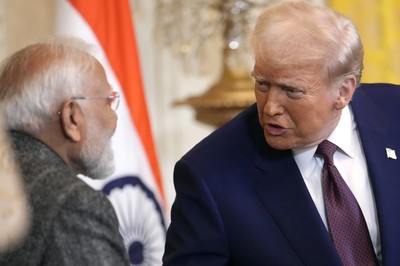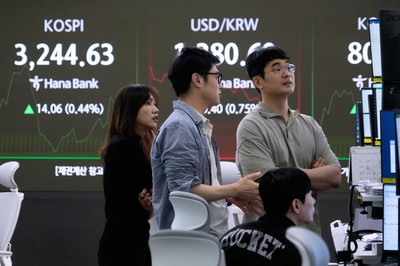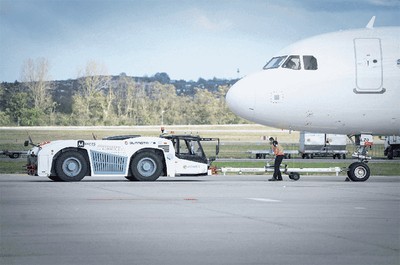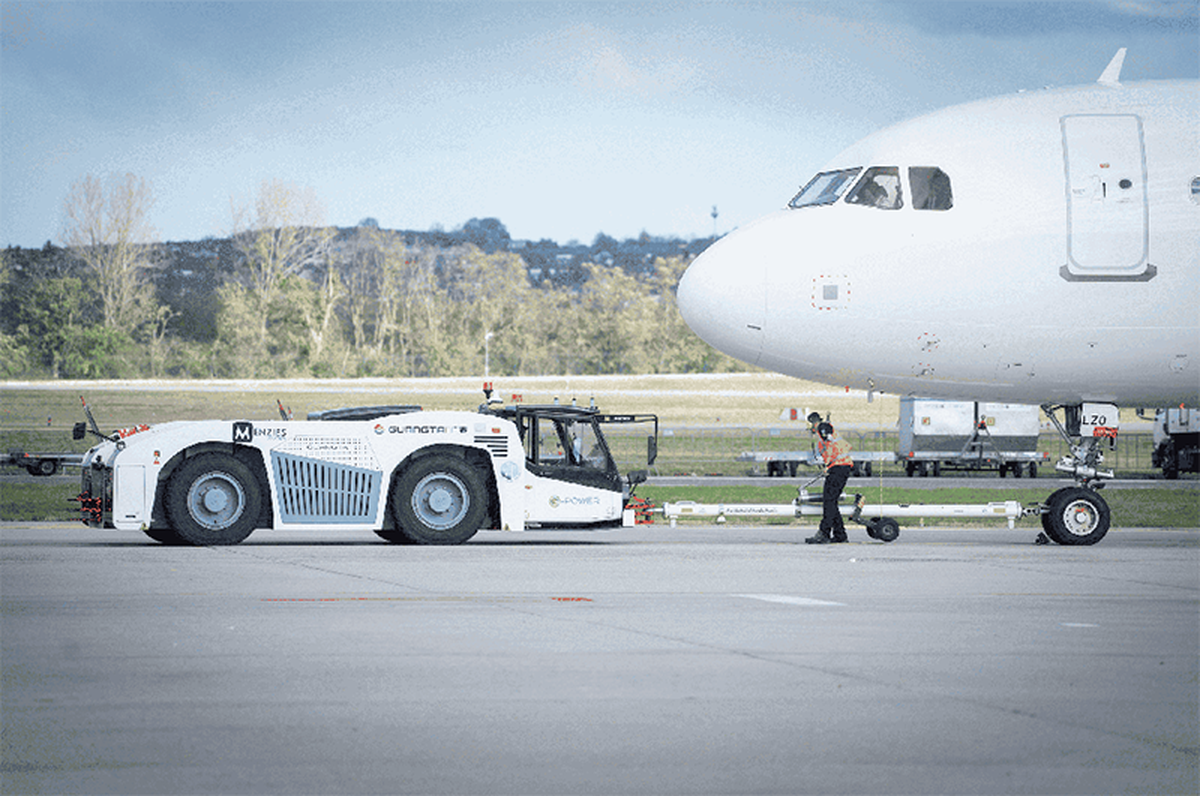WASHINGTON, July 30, (AP): President Donald Trump said Wednesday that he’ll impose a 25% tariff on goods from India, plus an additional import tax because of India’s purchasing of Russian oil.
Trump said on his Truth Social platform that India “is our friend” but its “Tariffs are far too high” on U.S. goods.
The Republican president added that India buys military equipment and oil from Russia, which he said has enabled the war in Ukraine. As a result, he intends to charge an additional “penalty” starting on Friday as part of the launch of his administration’s revised tariffs on multiple countries.
The new tariffs could put India at a disadvantage in the U.S. market relative to Vietnam, Bangladesh and, possibly, China, said Ajay Sahai, director general of the Federation of Indian Export Organisations.
“We are back to square one as Trump hasn’t spelled out what the penalties would be in addition to the tariff,” Sahai said. “The demand for Indian goods is bound to be hit.”
The announcement comes after a slew of negotiated trade frameworks with the European Union, Japan, the Philippines and Indonesia – all of which Trump said would open markets for American goods while enabling the U.S. to raise tax rates on imports. The president views tariff revenues as a way to help offset the budget deficit increases tied to his recent income tax cuts and generate more domestic factory jobs.
While Trump has effectively wielded tariffs as a cudgel to reset the terms of trade, the economic impact is uncertain as most economists expect a slowdown in U.S. growth and greater inflationary pressures as some of the costs of the taxes are passed along to domestic businesses and consumers.
Trump’s approach of putting a 15% tariff on America’s longstanding allies in the EU is also generating pushback – possibly causing European partners as well as Canada to seek alternatives to U.S. leadership on the world stage.
French President Emmanuel Macron said Wednesday in the aftermath of the trade framework that Europe “does not see itself sufficiently” as a global power, saying in a cabinet meeting that negotiations with the U.S. will continue as the agreement gets formalized.
“To be free, you have to be feared,” Macron said. “We have not been feared enough. There is a greater urgency than ever to accelerate the European agenda for sovereignty and competitiveness.”
Washington has long sought to develop a deeper partnership with New Delhi, which is seen as a bulwark against China. Indian Prime Minister Narendra Modi has established a good working relationship with Trump, and the two leaders are likely to further boost cooperation between their countries.
The Census Bureau reported that the U.S. ran a $45.8 trade imbalance in goods with India last year, meaning it imported more than it exported.
At a population exceeding 1.4 billion people, India is the world’s largest country and a possible geopolitical counterbalance to China. India and Russia have close relations, and New Delhi has not supported Western sanctions on Moscow over its war in Ukraine.
The new tariffs on India could complicate its goal of doubling bilateral trade with the U.S. to $500 billion by 2030. The two countries have had five rounds of negotiations for a bilateral trade agreement. While U.S. has been seeking greater market access and zero tariff on almost all its exports, India has expressed reservations on throwing open sectors such as agriculture and dairy, which employ a bulk of the country’s population for livelihood, Indian officials said.
When Trump in February met with Modi, the U.S. president said that India would start buying American oil and natural gas.
Trump discussed his policies on trade and tariffs with reporters accompanying him Tuesday on the flight home following a five-day visit to Scotland. He declined to comment then when asked about reports that India was bracing for a U.S. tariff rate of at least 25%, saying, “We’re going to see.”
Trump also said the outlines of a trade framework with India had not yet been finalized. Once back at the White House on Tuesday, Trump indicated that there were no plans to announce new tariff rates on Wednesday, a claim that turned out to be inaccurate.

 Politics20 hours ago
Politics20 hours ago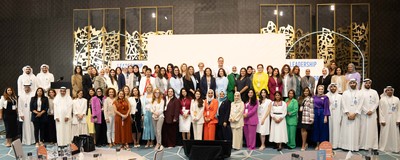
 Business19 hours ago
Business19 hours ago
 Latest News18 hours ago
Latest News18 hours ago
 Latest News19 hours ago
Latest News19 hours ago
 Business22 hours ago
Business22 hours ago
 Politics16 hours ago
Politics16 hours ago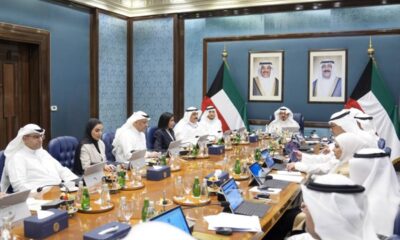
 Latest News8 hours ago
Latest News8 hours ago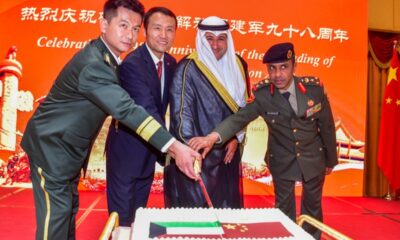
 Latest News7 hours ago
Latest News7 hours ago






